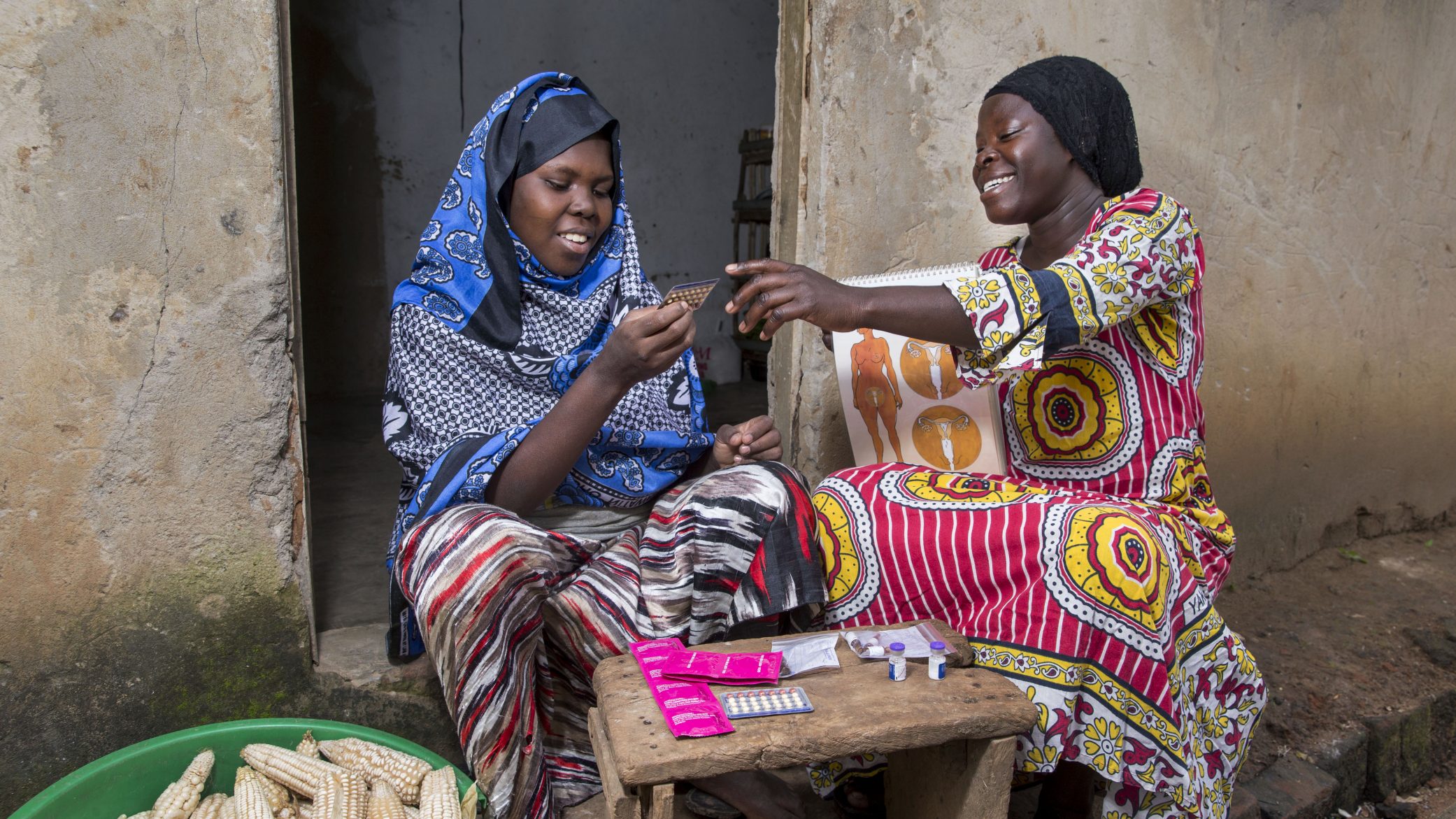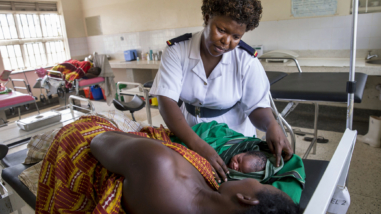This week, I’m at the Women Deliver conference in Copenhagen where global leaders, researchers and advocates are pushing for practical ways to boost the health, rights and well-being of women and girls. My colleagues Ruth Levine and Margot Fahnestock are here too, and attendees are talking about everything from gender data to gender norms.
There will be conversations about local advocacy for reproductive health in sub-Saharan Africa and I’ll be talking about how the Hewlett Foundation is shifting our grantmaking to include a creative advocacy platform.
The Hewlett Foundation has supported family planning and reproductive health for decades, and we recently increased our focus on Francophone West Africa and East Africa, where progress has been slow or stalled.
Today, we are publishing a more detailed approach to support local advocacy that “can capably and positively influence the family planning the reproductive health policies and funding decisions of their own national governments and of international donors.”
Dozens of interviews with advocacy organizations, funders, policymakers and influencers—in developed and developing countries—helped identify two primary obstacles to effective local advocacy for family planning and reproductive health:
- Advocacy organizations in developing countries are often constrained by short-term funding that is focused on narrow advocacy objectives
- Technical assistance such as workshops or trainings is often poorly matched to local organizations’ longer-term needs and poorly informed about local political and policy realities
In response, we will support local policy advocacy priorities (and connect them to global efforts); provide hands-on and sustained technical assistance tailored to each organization; support longer-term advocacy partnerships; encourage mutual accountability among funders, intermediary organizations and local partners; and measure progress, share learning and adapt.
We expect to fund a handful of “Advocacy Partners” that can serve as trusted intermediary organizations to identify and support local organizations to advance family planning and reproductive health funding and policy goals over a five-year time horizon. These longer, five-year grants should allow the Advocacy Partners to pay particular attention to building sustainable advocacy capacity of their sub-grantees, so that these local organizations can define local policy priorities, develop advocacy strategies, secure resources, document and measure progress along the way, and adjust strategies as necessary.
We’ll also be supporting a new Advocacy Accelerator, an online and in-person platform for advocates and their supporters to share experiences, evidence and approaches. Rachel Wilson at Catalysts for Change is leading this effort and I’ll be joining her to discuss the Advocacy Accelerator at Women Deliver (Wednesday, May 18, 6:30 am – 8:15 am at the Bella Conference Center; a report about the Advocacy Accelerator will also be available at an interactive booth too, at location C3-060).
I hope many of you will join us for the discussions in Copenhagen and will continue to provide input and feedback to our grant-making approach.

 Jonathan Torgovnik/Getty Images
Jonathan Torgovnik/Getty Images

